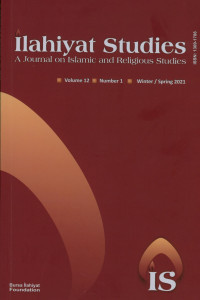The Qur'an: Its biblical subtext, by Gabriel Said Reynolds
The Qur'an: Its biblical subtext, by Gabriel Said Reynolds
First paragraph: Gabriel Said Reynolds’ painstaking study is a welcome addition to the swelling corpus of Qurʾān studies. The central arguments are neither complex nor entirely new. The Qurʾān is best understood as a homily upon Jewish and Christian traditions. More specifically, the Qurʾān alludes to anti-Jewish Christian homilies on biblical themes. The supposition that the intended audience for the Qurʾān’s preaching would have been familiar with the narrative and its attendant morals, so that allusion would suffice, is one of the insights that Reynolds owes to the late John Wansbrough. However, what was so well known to the original audience of the Qurʾān was not at all familiar to the huge umma that developed over the succeeding centuries. Reynolds adds that it was the deliberate decision of the Muslim mufassirūn to distance their holy writ from the traditions of rival – by now, subdued and despised (dhimmī) – faiths. Hence, even when the mufassirūn had access to a Jewish or Christian tradition, they would not exploit it for the clarification of difficult Qurʾānic passages. Therefore, academic scholars should not rely on tafsīr for the elucidation of difficult passages.
